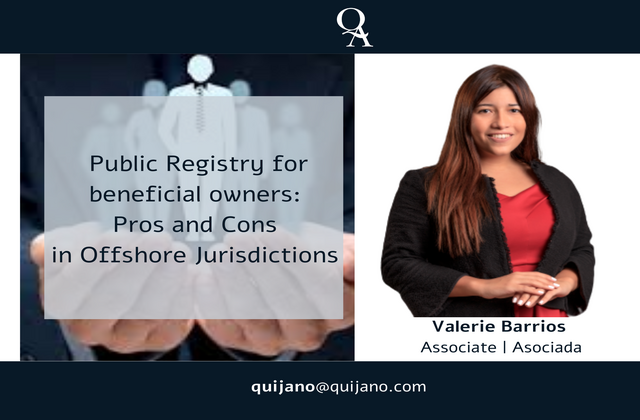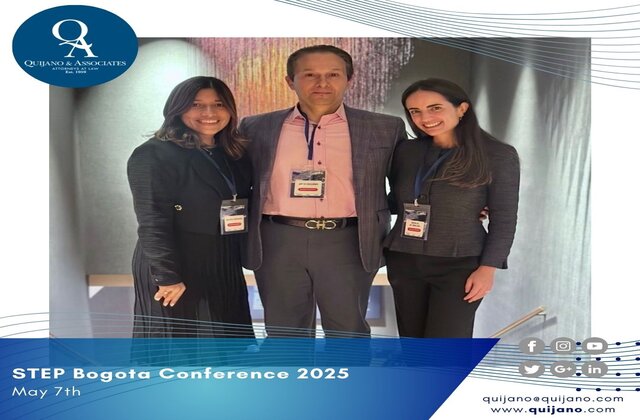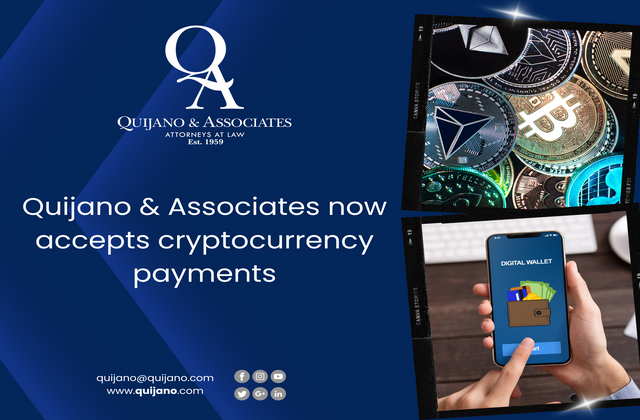Public Registry for beneficial owners: Pros and Cons in Offshore Jurisdictions

Background
In 2016 the United Kingdom (“UK”) was one of the first countries to introduce a public register of beneficial owners system, called Register of Persons with Significant Control (PSC). The Register of Persons with Significant Control allows to identify the people who hold a major control over a company and their personal information.
Under the “Person with Significant Control” definition, an individual is defined under the threshold:
(1) holds more than 25% of shares in a company;
(2) holds more than 25% of voting rights in a company;
(3) Has the right to appoint or remove the majority of board members;
(4) Has the right to exert or is exerting a significant influence or control over a company;
(5) Has significant influence or control over a trust or a firm that meets any of the above criteria.
The personal information that is disclosed in the Register of Persons with Significant Control includes:
- name
- date of birth
- nationality and country of residence
- correspondence address – known as the ‘service address’
- the date they became a PSC of the company
- the date they were entered into the PSC register
- all kinds of control which apply to the categories of the definition of an individual and holdings of share or voting rights.
In 2017, the British Virgin Islands (“BVI”) implemented the non-public platform “BOSS” (Beneficial Ownership Secure Search System) with the purpose of sharing beneficial ownership information with the United Kingdom. BOSS requires all resident agents in the British Virgin Islands to maintain a database of the companies and other legal entities for which they act as resident agent. The BOSS, although private, does allow BVI Government bodies to search within the database for information on a specific entity. The UK Parliament imposed that all Britain’s Overseas Territories (“OT”), including the British Virgin Islands, would have to establish public registries of companies by 2023.
Challenge by the British Virgin Islands to the United Kingdom Anti-Money Laundering Act
In 2018, the BVI government appointed a local firm as legal counsel to challenge the UK Sanctions and Anti-Money Laundering Act binding Overseas British Territories to introduce an accessible public register of beneficial ownership. The Act, according to BVI Premier, Orlando Smith: “raises serious constitutional and human rights issues”; and insists, “the BVI will not introduce a public register until it becomes a global standard.” In addition, Smith commented in 2018: “There is no global standard relating to publicly accessible registers and such a measure is not required by international regulatory bodies. The BVI is willing to adopt appropriate global standards, being committed to the eradication of illicit financial activity, but there must be a level playing field for all. The BVI cannot accept attempts to force disproportionate measures upon it with no regard to its constitutional status.”
BVI approach to framework of a Public Accessible Registry
In late September 2020, during the pandemic crisis caused by the COVID-19 outbreak, the Premier and Minister of Finance of the BVI, Andrew Fahie, delivered the support of the BVI to work towards the implementation of a publicly accessible register of beneficial ownership for companies like the one installed in the UK. Fahie mentioned “support of the Territory’s Government for working with the United Kingdom Government (UKG) towards implementation of a publicly accessible register of beneficial ownership for companies, in line with international standards and best practices as they develop globally, with certain reservations.” The BVI has clearly stated that they want to maintain their stand as a premier international finance center; nevertheless, there is certain concern as to the exposure it can bring to potential abusers of the system.
Pros of the Registry of beneficial owners:
- To combat money laundering
- Countering the finance of terrorism
- To avoid misuse of companies in illicit activities.
- To combat tax evaders
Cons:
- It reveals the identity of innocent individuals that can be deprived of their safety and enjoyment of legitimate property, if families are exposed.
- Minors who appear as beneficiaries can be subject to any type of kidnapping and many other dangers.
Conclusion
The initiative to create a registry whereby the individual person is exposed is a global dilemma. Developed countries are prone to push legislation that can allow them to expose a natural person in any kind of business, regardless of their nationality or activity. Meanwhile, the developing countries struggle to create a platform that safeguard information without being hacked and sustain their economy by still being looked like an attractive jurisdiction to incorporate a corporation. BVI and Cayman Islands are examples of jurisdictions that globally attract and are at the forefront of legislation when it comes to their corporations and activities. As Overseas British Territories, both jurisdictions will need to invest in a robust and flawless platform and create incentives to maintain their attractiveness as corporate jurisdictions.
Reference Websites:




